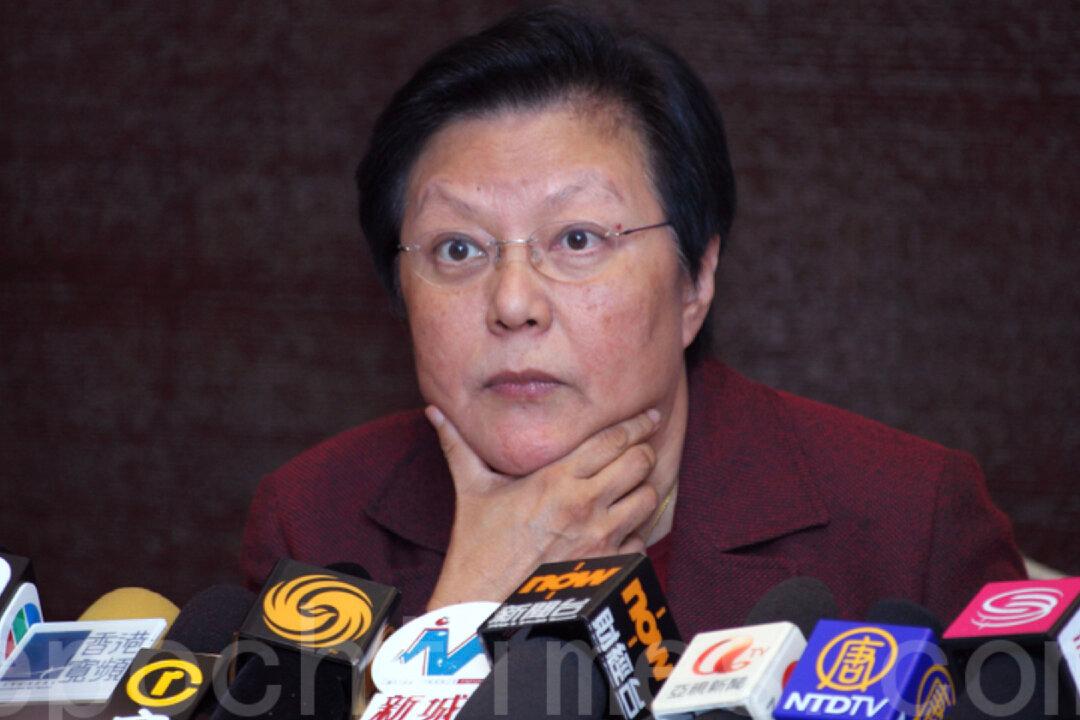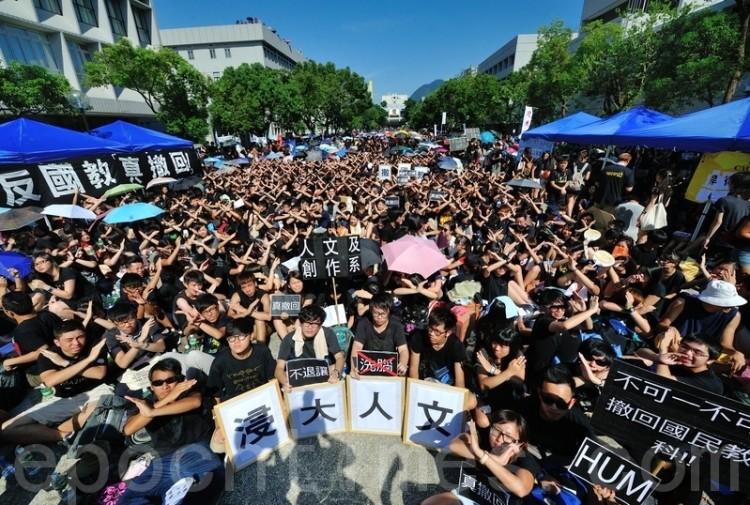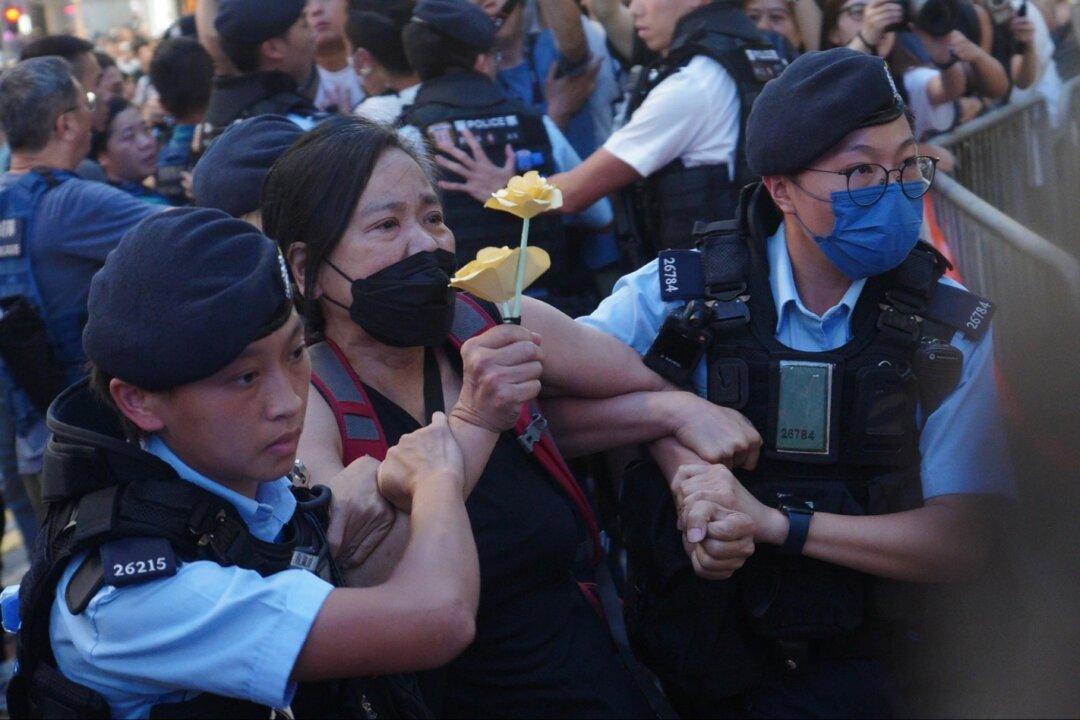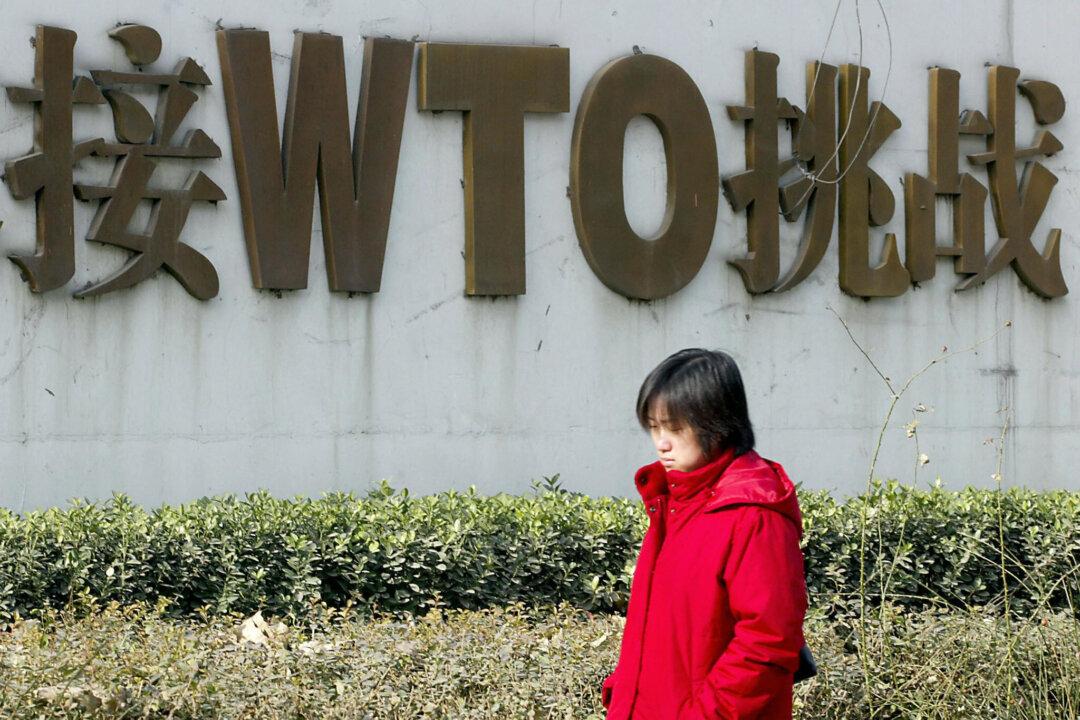Hong Kong has never been a colony, as claimed by all the four Citizenship and Social Development (CSD) textbooks submitted for approval, is a blatant distortion of history, on which I have been interviewed by five media up to now. Since there are no alternative voices left under the National Security Law, we no longer have any professional bodies like the defunct Hong Kong Professional Teachers’ Union to question the government on this matter. Hence the pro-establishment people who now feel safe to elaborate this false history, such as legislator Priscilla Leung Mei-fun, who said in a Legislative Council meeting that “China never lost the sovereignty of Hong Kong.” She probably does not know about Deng Xiaoping’s 1982 policy on Hong Kong, that is, “return of sovereignty, long-lasting prosperity, [Hong Kong’s] system remaining unchanged, and Hong Kong people ruling Hong Kong.”

Rita Fan Hsu Lai-tai is a senior Hong Kong politician, she was the first president of the Hong Kong Legislative Council from 1998 to 2008 and a member of the Standing Committee of the National People's Congress of the CCP. Adrian Yu/The Epoch Times
Commentary
Hans Yeung is a former manager at the Hong Kong Examinations and Assessment Authority, specializing in history assessment. He is also a historian specializing in modern Hong Kong and Chinese history. He is the producer and host of programs on Hong Kong history and a columnist for independent media. He now lives in the UK with his family. Email: [email protected]
Author’s Selected Articles




